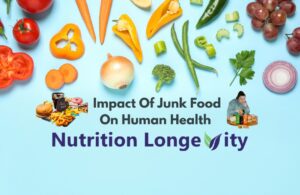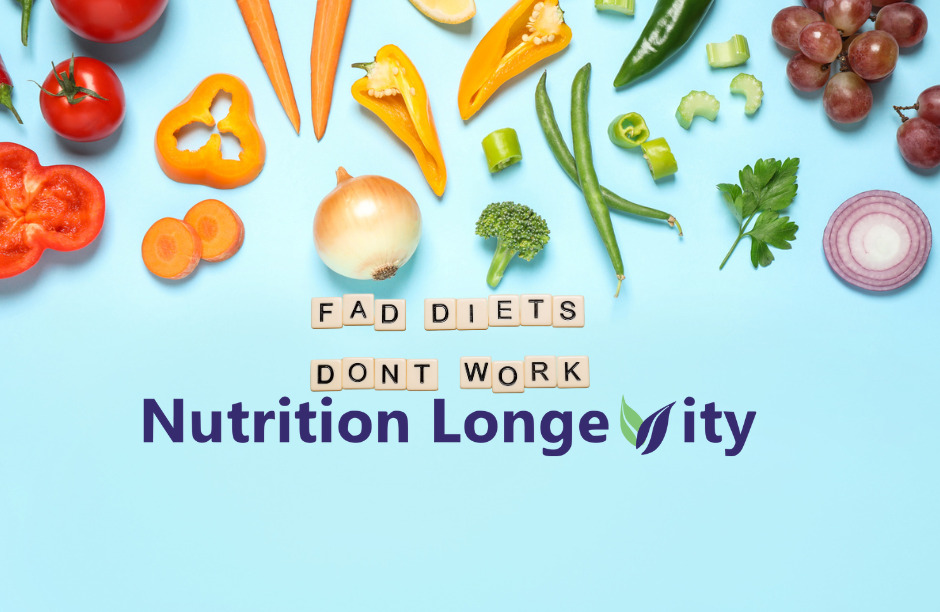However, the consequences of regularly consuming junk food are far-reaching, affecting not only our physical health but also our overall well-being. In this article, Jake Biggs who is a leading Sydney clinical nutritionist will delve into the intricate web of junk food, examining its effects on our bodies, the psychology behind its appeal, and the steps we can take to make healthier choices.
Understanding Junk Food: What Qualifies as Junk?
When we think of a junk food list, we often envision highly processed, low-nutrient foods that are typically high in calories, sugars, unhealthy fats, and salt. These foods, often referred to as junk food snacks, can range from greasy burgers and fries to sugary beverages and candies. What unites them is their minimal nutritional value and potentially harmful effects on our health.
The Allure of Junk Food: Why Do We Crave It?
The allure of junk food is deeply rooted in the human brain’s reward system. These foods are meticulously crafted to deliver an immediate burst of pleasure, thanks to the perfect combination of salt, sugar, and unhealthy fats. Additionally, clever marketing techniques, colourful packaging, and enticing visuals further stimulate our desire for these indulgences. The brain’s response to the intense flavours and visual cues makes us crave more, contributing to the cycle of over-consumption.
The Health Consequences: Unveiling the Dark Side
-
Obesity and Weight Gain
One of the most apparent consequences of excessive junk food consumption is obesity and weight gain. The high caloric content of these foods, coupled with their low nutritional value, leads to an imbalance between calories consumed and calories expended. This surplus energy is stored as fat, gradually leading to weight gain and an increased risk of obesity-related health issues.
-
Chronic Diseases: Fuelling the Risk
Regular consumption of this food has been linked to a higher risk of chronic diseases such as type 2 diabetes, heart disease, and hypertension. These foods promote inflammation in the body, disrupt normal metabolic processes, and elevate blood sugar levels, contributing to the development of these serious health conditions.
-
Nutritional Deficiencies: Empty Calories Galore
These foods may fill the stomach, but it fails to provide the essential nutrients our bodies need to function optimally. Instead, it offers “empty calories” – calories devoid of vitamins, minerals, and other vital nutrients. Relying on junk food for sustenance can lead to malnutrition and deficiencies, despite consuming an excess of calories.
Breaking Down the Ingredients: Chemicals and Additives
This food is often loaded with artificial colours, flavours, and preservatives. These additives enhance the taste, appearance, and shelf life of these products. However, some of these chemicals have been associated with potential health risks, including allergies and hyperactivity in children. Opting for whole, unprocessed foods reduces the exposure to these additives.
The Psychology of Junk Food Marketing: How It Influences Choices
-
The Power of Visuals and Branding
These foods manufacturers invest heavily in creating eye-catching packaging and branding that evoke positive emotions. This association between the product and positive feelings makes us more likely to choose and consume these foods, often without considering their nutritional impact.
-
Creating Addictive Flavour Profiles
Food scientists use a combination of salt, sugar, and unhealthy fats to create addictive flavor profiles that keep us coming back for more. These flavours trigger the brain’s pleasure regions, leading to cravings and potentially addictive behaviour.
Making Informed Choices: Navigating a Junk Food World
Empowerment begins with education. Understanding nutritional labels, deciphering ingredient lists, and recognising deceptive marketing tactics empowers individuals to make informed choices. By learning to differentiate between truly nourishing foods and empty-calorie temptations, we can take control of our diets.
Embracing a Healthier Lifestyle: Tips for Reducing Junk Food Consumption
-
Meal Planning and Preparation
Preparing meals at home allows us to control the quality of ingredients and cooking methods. Planning balanced meals rich in whole foods helps curb the desire for quick, unhealthy options.
-
Snack Alternatives: Satisfying Cravings The Healthy Way
Stocking up on nutrient-dense snacks such as fresh fruits, nuts, and yoghurt provides satisfying alternatives to traditional junk food. These options offer both taste and nutritional value.
The Role of Education: Empowering the Next Generation
Teaching children about the importance of nutrition equips them with the knowledge to make healthier choices early in life. Schools and parents play a vital role in fostering a positive relationship with food and guiding children toward better options.
Junk Food’s Global Impact: A Wider Perspective
This food isn’t just a local concern; it’s a global issue, with significant consequences for public health. As these products become more accessible worldwide, the need for awareness and education grows.
Finding Balance: Indulgence vs. Moderation
Completely abstaining from junk food isn’t necessary for a healthy lifestyle. Instead, focusing on moderation and mindful consumption can allow for occasional treats without compromising long-term health goals.
Myth-busting: Separating Fact from Fiction
Addressing common myths and misconceptions about junk food can empower individuals to make well-informed choices. Debunking false information fosters a more realistic understanding of the impact of these foods on health.
Consulting a Nutritionist: Expert Guidance for Healthier Choices
For personalised advice on improving your diet and making informed food choices, consider consulting a clinical nutritionist. A clinical nutritionist can provide valuable insights into crafting a balanced diet that supports your health goals. If you’re ready to take the first step towards a healthier lifestyle, you might consider booking an appointment with a clinical nutritionist to receive expert guidance and support on your journey to better health.
-
A Future Free from Junk Food Addiction: What It Takes
Creating a future with fewer junk food-related health issues demands collective action. From advocating for healthier food environments to supporting policies that promote nutritional education, every step counts.
Conclusion: Navigating the Path to Better Health
In a world flooded with tempting yet detrimental food choices, making conscious decisions about what we eat is paramount. Understanding the psychology behind junk food’s appeal, recognising its health implications, and taking steps toward a healthier lifestyle empower us to reclaim control over our well-being.
Ready to take charge of your health? Learn more about the impact of junk food effects and the causes of junk food, and consider seeking expert advice from a clinical nutritionist.
Also Read | Top 10 Super Healthy Food | Best Nutritionist Near Me | Ways to Optimise Health
Frequently Asked Questions
Is all fast food considered junk food?
While many types of fast food fall under the category of junk food due to their high levels of unhealthy fats, sugars, and salts, not all fast food is necessarily junk food. Some fast-food options can be more nutritious, such as salads with lean protein or grilled items. It’s important to read nutritional information and make informed choices.
Can I never indulge in junk food again if I want to be healthy?
It’s not necessary to completely eliminate junk food from your diet to be healthy. The key is moderation. Enjoying occasional treats can be part of a balanced lifestyle. The focus should be on making healthier choices the majority of the time and being mindful of portion sizes,
How can I help my children resist the influence of junk food marketing?
Teaching children about the nutritional value of foods and the effects of excessive junk food consumption can empower them to make informed choices. Encourage open conversations about marketing tactics and help them recognise when they’re being targeted. Providing healthier snack options at home and involving them in meal planning can also foster healthier eating habits.
Are there any health benefits to consuming junk food?
While junk food is generally low in essential nutrients and high in unhealthy components, it’s important to note that occasional consumption in small amounts may not have significant negative health effects. However, the benefits of junk food are minimal compared to the potential risks associated with regular consumption, such as weight gain, chronic diseases, and nutritional deficiencies.
What are some practical ways to reduce junk food cravings?
Reducing junk food cravings requires a combination of strategies. Opt for whole, nutrient-rich meals that keep you satisfied. Prioritise protein, dietary fibre, and healthy fats in your diet. Stay hydrated, as thirst can sometimes be mistaken for hunger. Keep nutritious snacks readily available to curb sudden cravings. Engage in regular physical activity, as exercise can help regulate appetite. Additionally, getting enough sleep and managing stress can contribute to overall better food choices.













